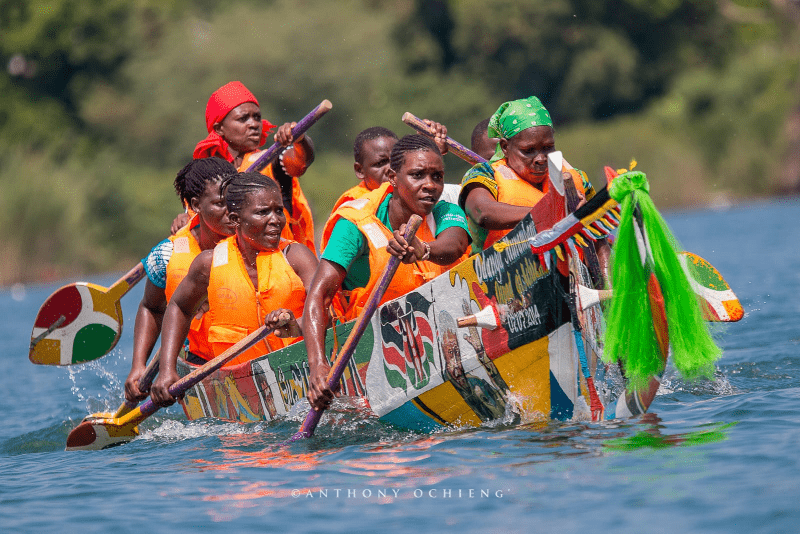Before 2018 the Lake Victoria fishing industry in Kenya was controlled by men. The situation was like this because only men could afford the tools needed to catch the fish. Anyone wanting to make a catch would mainly require solar lights used to attract the cyprinid.
Unlike kerosene lamps, solar lights don’t limit the amount of light shining into the water. Thus, the lights attract more fish, making them a commodity much sought after by fishers in Lake Victoria. Also, unlike Kerosene lamps, solar lamps do not get blown out by strong winds. The lamps are fitted with a battery stronger than that of an iPhone 8. The strong battery helps the palm-sized light run for up to 120 hours on a single charge. Even with the strong battery, the light is still shock-proof, and the battery can last ten years.
Lack of Solar lights stops women from fishing.
As only the men could afford this innovation and fish, women could not do their fishing. After making their catches, the men would dedicate who to sell their fish to. Many of those buying the fishermen’s fish are women with shops dedicated to selling fish and nothing else. If someone did not, please them, then you would have nothing to sell for the day. Many of the women in the area could not feed their families. As a solution, some of these women offered up their bodies for sex in exchange for fish from the fishermen. Fishers in the area since then decided they would only sell to women offering sex for fish deals.
According to local women’s rights advocates in the Lake Victoria region, sex-for-fish deals became common in Lake Victoria’s fishing industry. But a renewable energy project launched under Africa for SDGs (Sustainable Development Goal) decided a change was needed. The initiative started arming women in the area with solar-powered lights that allow them to do their fishing. Through this, the women can feed their families and stay safe from abuse by the fishermen.
The renewable energy projects
The renewable energy project started in 2018. So far, the project has given more than 400 women free solar lights. Most of these women in western Kenya were previously involved in the sex-for-fish trade. The project aims to reach 400 more women by the time it ends in 2023.
When women receive the solar lamps, the project provides these women with training on how to use them to make bigger catches. The women are advised to encase the lamps in polythene bags so they can lower them into the lake casting lighter and resulting in better catches.
The solar lights have revolutionized fishing and increased the economic production around the Lake Victoria region. This has been greatly appreciated as the fishing industry provides a livelihood for about 90% of the Lake Victoria population.
Apart from fishing, the lamps also have other uses. With enough power, the lamps can provide light again in homes without electricity.
The use of solar lights has also brought health benefits to communities living around Lake Victoria. According to health experts, the sex-for-fish trade was one of the reasons rates of HIV and AIDS were high in the fishing communities. But the solar lights have helped bring those numbers down. The project made the sex-for-fish end in some communities, thus helping reduce HIV transmissions and teenage pregnancies.
More:
- ASOBO Launches Electric Fishing Boats in Lake Victoria
- Effective Ways to Boost Fishing in East Africa
















